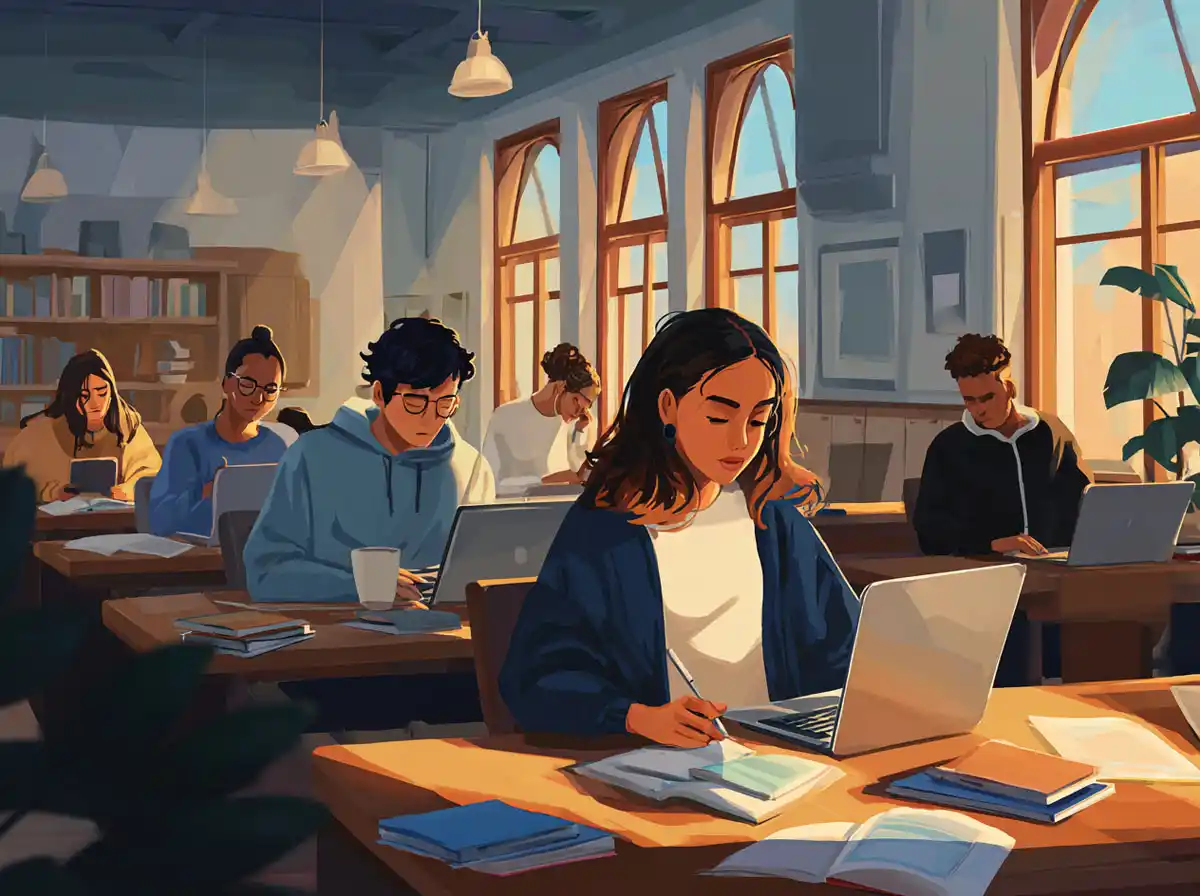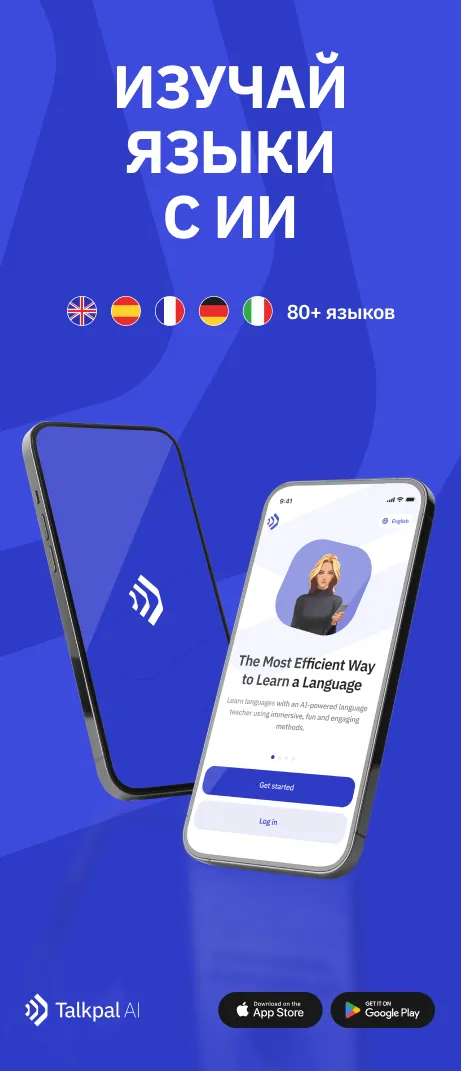Задания на употребление этих времён позволяют улучшить понимание разницы между ними и научиться правильно их использовать в контексте. Приведённые ниже упражнения составлены для отработки навыков использования простого прошедшего и прошедшего совершенного времён. Рекомендуется тщательно анализировать контекст предложений для правильного выбора времени.
Упражнение 1 — Простое прошедшее и прошедшее совершенное времена
By the time the teacher arrived, the students *had already started* (begin) their work.
He *told* (tell) me he *had never seen* (never see) such a beautiful painting before.
They *finished* (finish) their homework before they *went* (go) to the cinema.
After Susan *had eaten* (eat) dinner, she *called* (call) her friend.
I *did not realize* (not realize) I *had met* (meet) him before until he reminded me.
When she *arrived* (arrive) at the party, her friends *had already eaten* (already eat) the cake.
The movie *had already started* (already start) by the time we *got* (get) to the theater.
After he *had finished* (finish) his work, he *went* (go) straight to bed.
They *were* (be) surprised because they *had not expected* (not expect) him to win the race.
The children *played* (play) outside until it *had stopped* (stop) raining.
She *felt* (feel) much better after she *had taken* (take) the medicine.
Before the concert began, the audience *had taken* (take) their seats.
Julie *had never been* (never be) to Paris before last summer.
He *had written* (write) three books by the time he was thirty.
We *discovered* (discover) that we *had lost* (lose) our way in the dark.
Упражнение 2 — Простое прошедшее и прошедшее совершенное времена
She *said* (say) she *had thought* (think) about calling, but she didn’t have my number.
I *was* (be) very tired because I *had been* (have been) working all night.
It *was* (be) the first time he *had driven* (drive) a car.
After the guests *had left* (leave), we *cleaned* (clean) up the house.
By the time we *arrived* (arrive), the meeting *had already begun* (already begin).
I *could not remember* (not remember) where I *had parked* (park) my car.
Before he *achieved* (achieve) fame, he *had worked* (work) in many odd jobs.
She *looked* (look) as though she *had been crying* (be cry).
They *had planned* (plan) to go out but *changed* (change) their minds when it started snowing.
The garden was beautiful; it *was evident* (be evident) someone *had been* (be) taking good care of it.
After I *had read* (read) the book, I *gave* (give) it to my friend.
Before last night’s game, our team *had won* (win) three matches in a row.
I *did not understand* (not understand) the ending of the film because I *had missed* (miss) the beginning.
By the time he *realized* (realize) he *had left* (leave) his phone at home, it was too late to go back.
The streets *were empty* (be empty) as everyone *had gone* (go) to see the fireworks.










